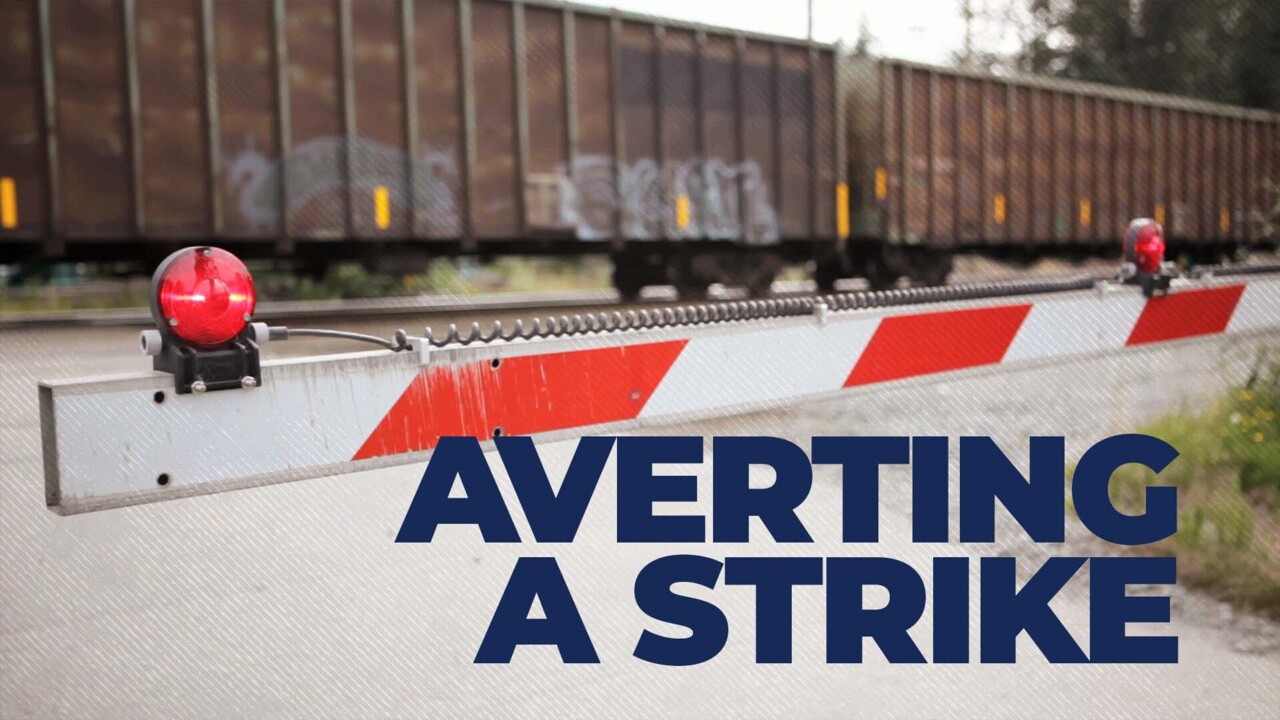
Rep Graves: you know, it never should have come to this.
The House of Representatives approved a labor agreement between rail workers and rail companies. Members on both sides of the aisle say it is a necessary but imperfect solution to avoid a strike or shutdown that would cost the US economy 2 billion dollars a day.
Rep. Troy Nehls, R-Texas” And if you think inflation is bad now, imagine what happens when our railroads go offline, and our supply chains will become even more strained and unpredictable. The cost of moving anything will skyrocket overnight, just in time, just in time for Christmas.
The agreement was negotiated between the rail unions, companies and the Biden administration. It includes a 24 percent pay raise, improved healthcare benefits, and protects two person crews. Eight of 12 of the unions approved, four voted it down. Democrats said they want to support organized labor, but ultimately decided the risks to the economy and impacts on the everyday American family were too great and that they had to override the unions.
Speaker Nancy Pelosi, D-Calif: “Because we believe that the middle class is the backbone of our democracy. And we believe that the middle class has a union label on it.”
The bill’s sponsor, Congressman Donald Payne said a strike or shutdown would put the economy dangerously close to a recession. But said the reason it came to this is a lack of paid sick leave. That led to a separate vote on a bill to give workers seven sick days per year. It passed.
Rep. Donald Payne – D-NJ, “We are all here today, due to the inability of the railroads to negotiate paid sick leave period, an essential component of any humane and decent work environment.”
Some Republicans said the unions received other substantial benefits that made up for a lack of sick time. Including low health care premiums.
Rep. Sam Graves, R-MO: “Think about this employee contributions are set at 15%. The average employee contribution for family coverage in the United States is 28% of the premium So let’s be clear, we can’t have our cake and eat it too.”
The bill now has to be approved by the Senate. Leaders in that chamber say they should be able to get it done next week. Straight from DC, I’m Ray Bogan.






